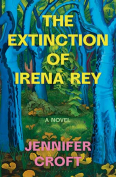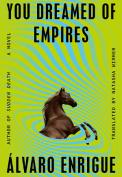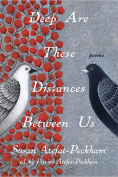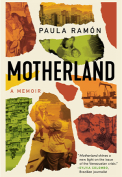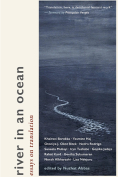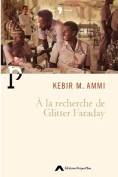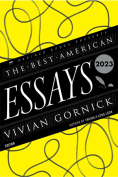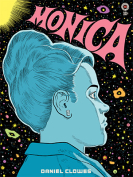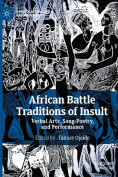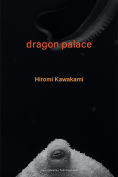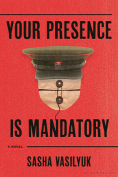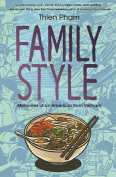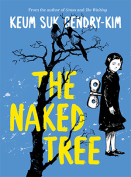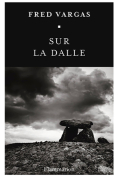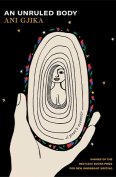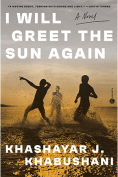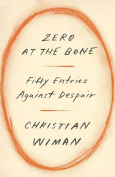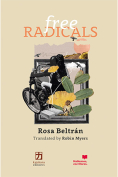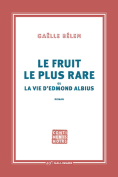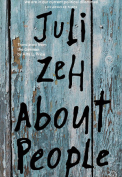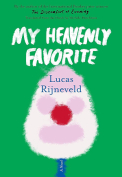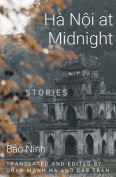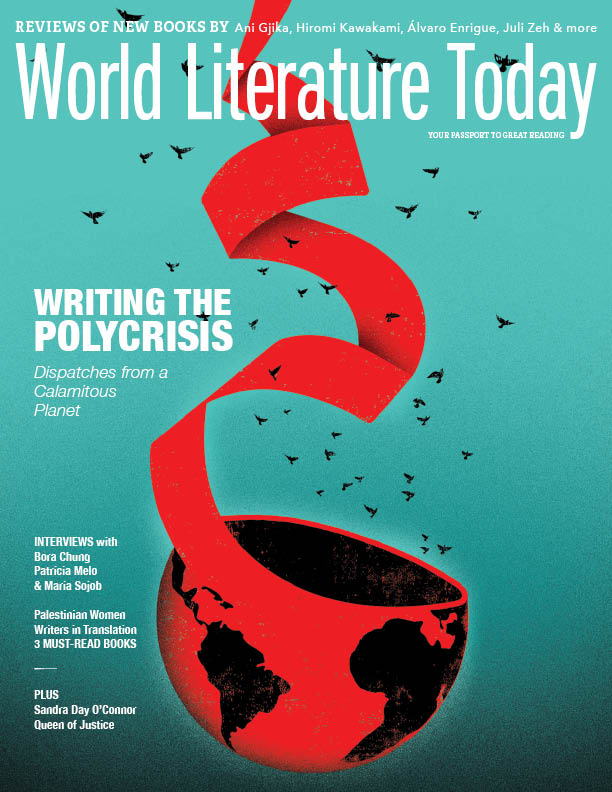Deep Are These Distances Between Us by Susan Atefat-Peckham
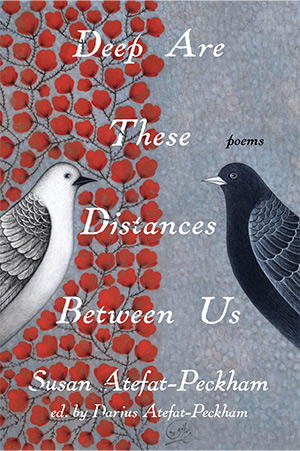 Fort Lee, New Jersey. CavanKerry Press. 2023. 96 pages.
Fort Lee, New Jersey. CavanKerry Press. 2023. 96 pages.
It is a rare opportunity when a young poet can edit an older poet’s work—inflecting it with his or her own vision. All the more so when a young poet can edit his own mother’s poetry, as an act of worship and of legacy, in the aftermath of that poet’s premature passing. We are fortunate to read the posthumous collection Deep Are These Distances Between Us, by the late Iranian American poet Susan Atefat-Peckham (1970–2004), gifted to us through her son, Darius Atefat-Peckham.
Atefat-Peckham lost his mother and older brother in a tragic automobile accident at the age of three when the family was spending a day on the Red Sea. It is an absence that haunted the young Darius, not because he had strong memories of his mother, but rather, because he did not. In the foreword, Atefat-Peckham writes, “I didn’t grow up communing with the dead. My mother had been absent from my dreams my entire life. I yearn for her, for my Iranian heritage, for understanding.” But the painstaking task of taking a manuscript of his mother’s poetry (her second after her first collection, That Kind of Sleep, published in 2001 by Coffee House Press), given to him in a bin of documents saved by his grandmother, begins to feel like a kind of sacred mission that decreases the “distances” between poet-mother and poet-son and offers us all a measure of healing.
Deep Are These Distances Between Us is a balm for us in this time. As Atefat-Peckham explains, his mother, “Susie” (how he refers to her), “found in Sufism and Sufi poets, an alternate form of travel that is both physical and metaphysical, a kind of music that touched her poetic ear and soul with an intimacy that transcends borders.” One can hear this music in her poem “Small Things” when she writes: “In the summer of morning / prayer. I hear Ghossam’s friend / outside my window, scream- / singing, Khordeh-riz na-dari? / Ghablelemeh ya ghashogh n-darii? / It is dawn. And this tinker boy always / wakes us at five a.m. begging / For small pots, spoons, things to keep.”
This musicality, and the presence of the Persian language in some of Susie’s poems, gives way to a kind of tenderness that indeed captures what Darius says is Susie’s own evocation of the message of the classic poets of Iran—Hafez, Rumi, Attar, and Sa’adi—and their “sprawling human empathy.” It is this empathy and love that delivers Atefat-Peckham’s voice almost twenty years after her death. The younger Atefat-Peckham identifies three of the poems in the collection with his mother’s attention to family and the importance of children in Iranian culture. He quotes from a 2001 interview with his mother in which she says, “Because I was writing out of absence, my poetry brought people I hadn’t seen in a long time back to me. In the poems I can make them come back to life.” And in reading the three poems “To My Unborn Son,” “To My Son at Seven Months,” and “To My Son at Ten Months”—all poems previously unknown to Susie’s now-adult son—we feel her coming alive as a mother to her son and to us as a kind of spiritual nurturer. It is a profound and lovely ripple we readers can ride on as we hear Susie writing, speaking from the absence to her son working to make her words less distant in the “spaces between.”
One of the other important themes in this collection is Susie’s preoccupation with injustice and inequality, evidenced by several poems about Iranian women. Although she lived most of her life primarily outside of Iran, Susie had made regular visits to Iran with her family as a child and later as an adult. Her poem “Tara” implicates the system of injustice toward women in the Islamic Republic after the 1979 revolution and points to the double standard for women: “and it doesn’t matter anymore / what is said or what is left to be said, because / she thinks if she really tries she can make herself / disappear into the spaces between them, starts / by losing four pounds, then four more, so what / happens next makes no difference, and what happens next, she’s too far gone to notice.”
One of the final poems in the collection, “Lower Manhattan,” has an epigraph from an anonymous passerby that reads: “If you’re lost, look for the World Trade Center, and you’ll find your way home.” This epigraph and the poem that follows tell us so much about how Susie found her way through, between, and in the distances—those of culture, history, geography, and, of course, in the context of her exploration of the spiritual, which her son says was the beginning of a transformation in her work just before she died. The final lines of the poem pay homage not only to a New York that has been transformed by tragedy but also to a life that suggests all the deep distances are finally brought together: “This city, in the palms of my hands, / beneath spaces of clamped fingers, / where I carried it to France, Iran, / Switzerland, Texas, Nebraska, / Michigan, where I still hold it, / the years I’ve left behind. How / will I find my way home? My palms / burn. If you are lost, look / for my eyes, hot in your hands. / Carry me there, bright, burning, / and alive.”
It is the aliveness of her poems, the voice speaking from and reaching across the distance, that gives us Susan Atefat-Peckham’s poetic vision made anew even in her bodily absence. And all the more sweet and tender it is because it is enabled by the mystery and beauty of her son’s poetic vision to make her alive again for us.
Persis Karim
San Francisco State University
